Associated researches at TU Darmstadt
Here you find a list of researchers affiliated with the Graduate School Life Science Engineering. By following the links provided you you can access more detailed information about their research areas and ongoing projects.
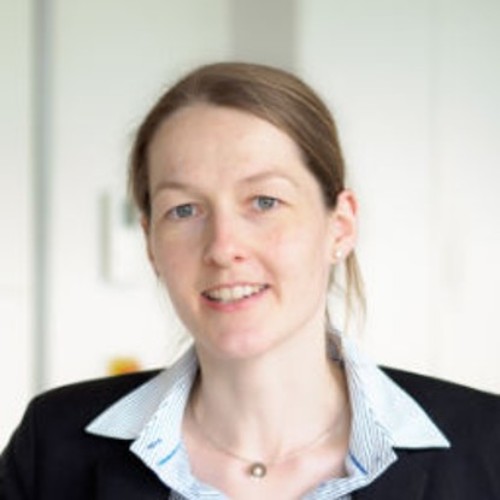
Prof. Annette Andrieu-Brunsen
We are a dynamic, innovative team searching for new nanoporous materials, manufacturing methods and transport processes with benefits in the areas of water, sensor technology and energy conversion.
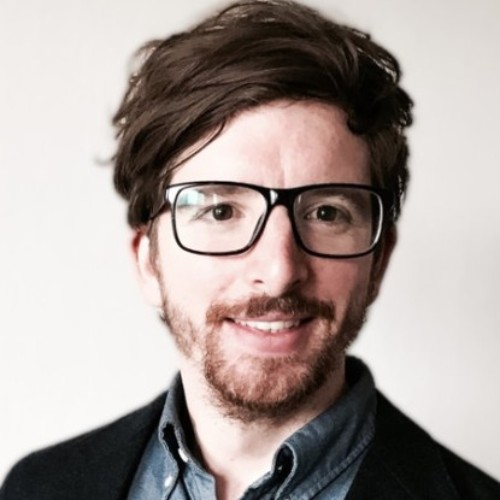
Prof. Andreas Blaeser
Core of his research is the investigation and development of 3D-bioprinting systems (3D-Bioprinting). Main focus areas are modelling and experimental research of various mechanisms and phenomena for the transport of biomaterials and their interaction with living cells.
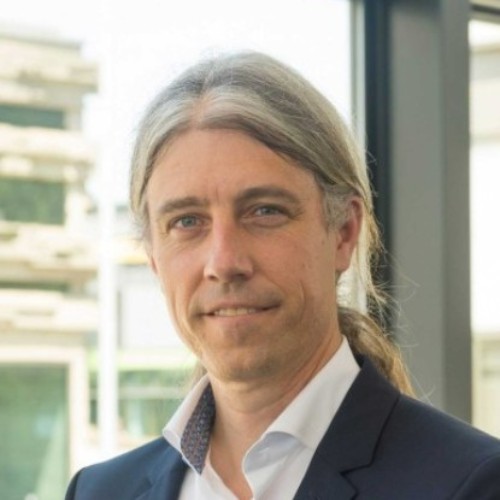
Prof. Nico Bruns
Our research in the realm of Sustainable Functional Polymers wisely combines synthetic polymer chemistry with the engineering of proteins and enzymes. Via this approach, some of the best aspects of two different domains of macromolecular chemistry are combined in order to exploit the catalytic power of enzymes, to create novel nanosystems and to develop materials with unprecedented new functions.
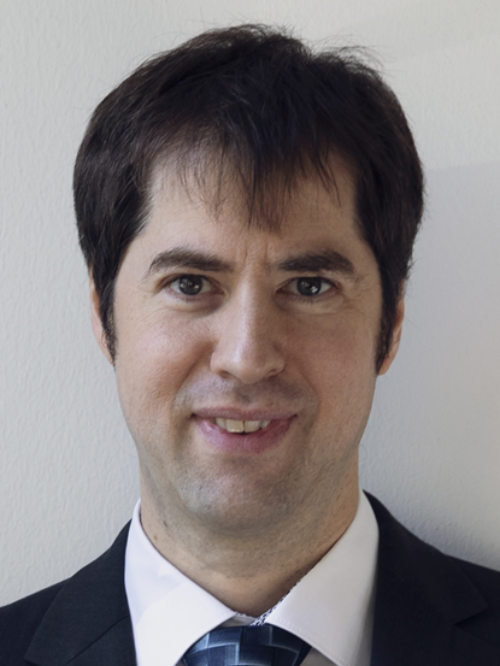
Prof. Thomas Burg
Advancing technology for medicine and biology with integrated fluidic, electromechanical, and optical micro- and nanosystems. We are exploring new approaches to characterizing single molecules, nanoparticles, and cells. Our aim is to thereby facilitate diagnosing diseases and searching for effective therapies.

Prof. Cristina Cardoso
Our group is interested in elucidating how the mammalian (epi)genome is maintained throughout cell divisions and how the epigenetic information is translated into spatial chromatin structure and activity during differentiation, reprogramming and disease.
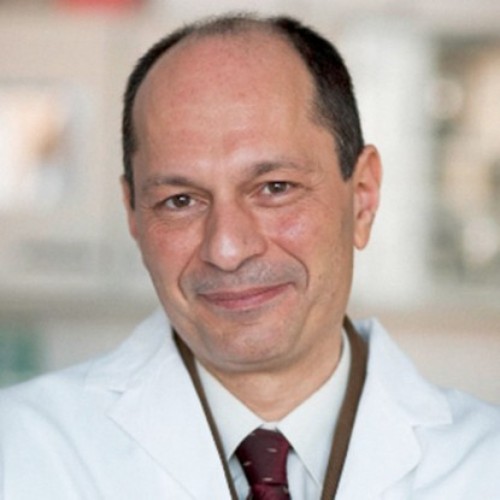
Prof. Marco Durante
How does ionizing radiation affect soft matter? The multidisciplinary research in our group covers many different topics which can be roughly summarized in the categories radiobiology, physics, space research and therapy.
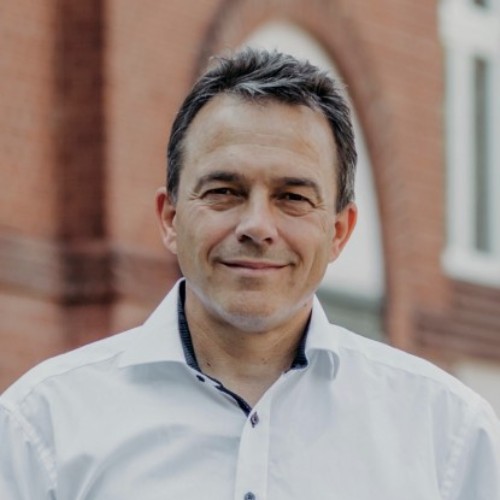
Prof. Rolf Findeisen
Our research is engaged in method development in the area of systems theory and control engineering, as well as application in various disciplines (mechatronics, biology, process engineering, nanotechnology, medical engineering, automotive engineering). The focus is on optimization-based and predictive control; systems biology; analysis of complex nonlinear systems; nonlinear structure and parameter identification; and control of complex, distributed systems via communication networks.
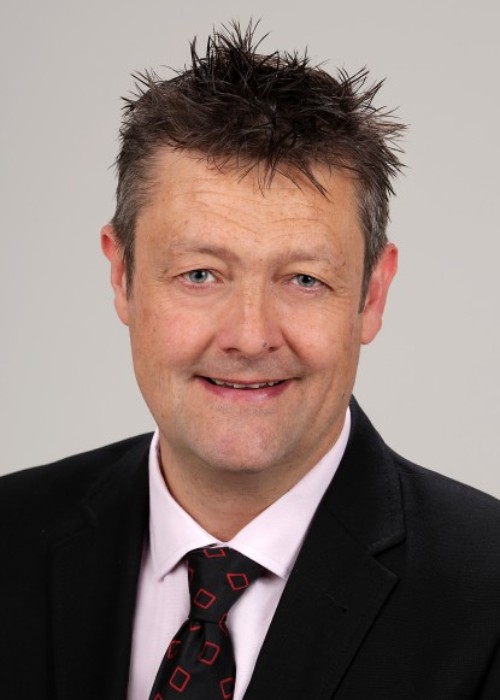
Prof. Felix Hausch
Our group draws from the cooperation between synthetic chemists preparing novel, rationally designed compounds and biochemists who investigate new molecular mechanisms of action.
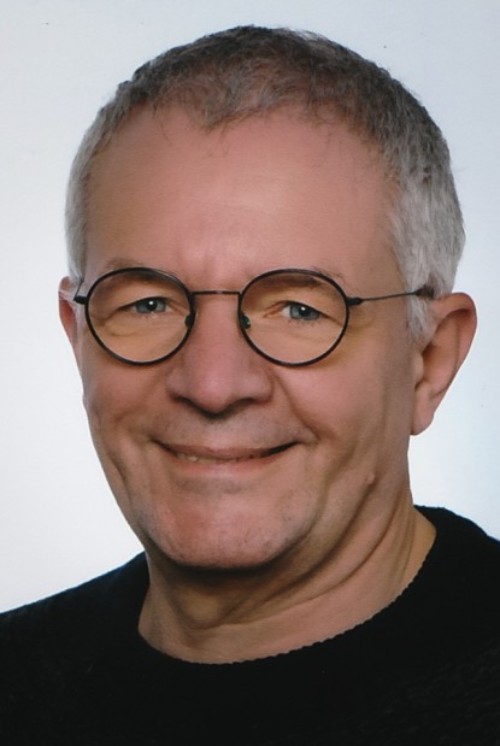
Prof. Ralf Kaldenhoff
One scientific focus is membrane transport processes mediated by aquaporins and the function of these proteins in plant physiology. The other is the interaction of parasitic plants with their hosts.
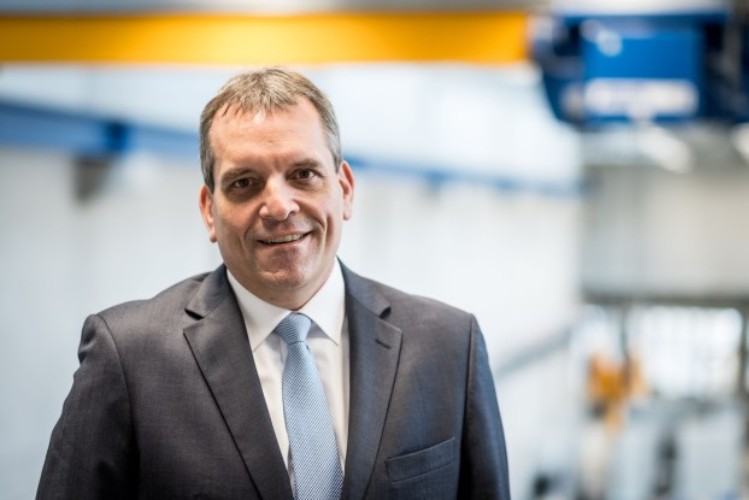
Prof. Eckhard Kirchner
In order to be able to prove the functionality and practical suitability of mechatronic machine elements in particular, we are investing further in the necessary testing technology in order to be able to also make statements about the effects of fatigue and wear in the near future.
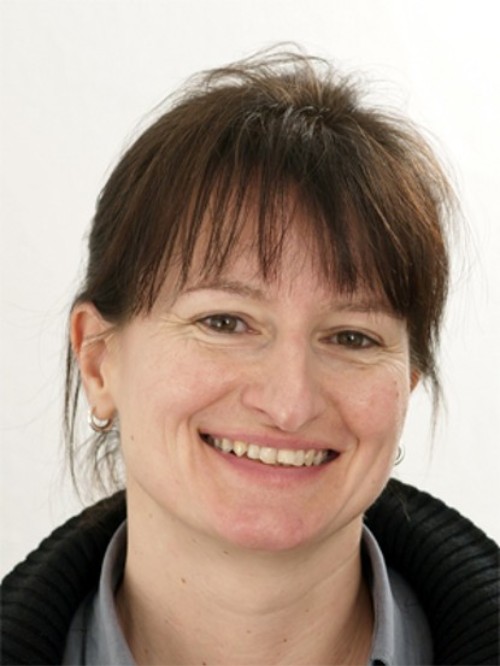
Prof. Regine v. Klitzing
We work in the area of phases and interfaces and examine the interactions in thin liquid films and at the air/water interface. Another main focus is responsive soft matter such as polyelectrolyte multilayers, polymer brushes and hydrogels.
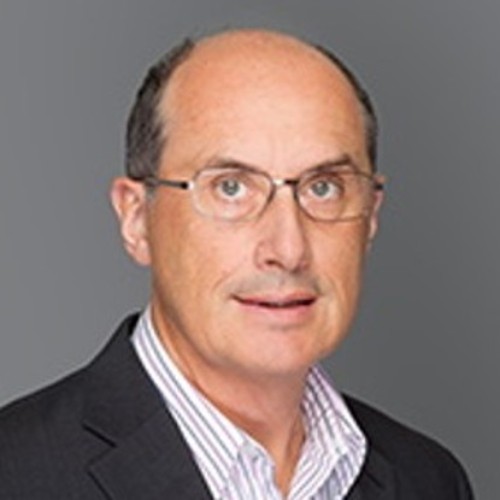
Prof. Harald Kolmar
The interdiscliplinary research group combines Chemistry, Biology and Biomolecular Engineering. Thus, the focus is on a broad range of application-oriented research topics.
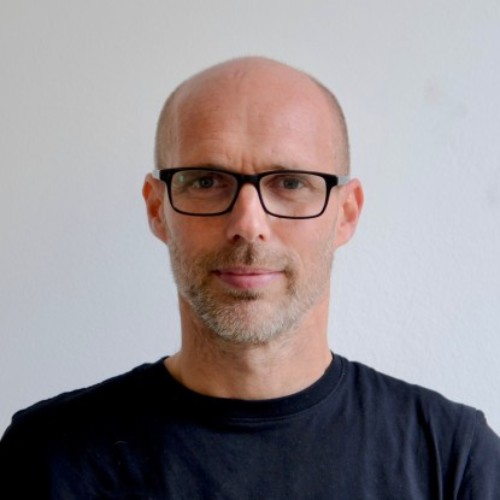
Prof. Heinz Koeppl
The Self-Organizing Systems Lab performs research on self-organization principles and addresses the question of how those principles can be put to use in artificial, engineering systems. We look at different domains with our main focus being molecular biology, in particular synthetic biology.
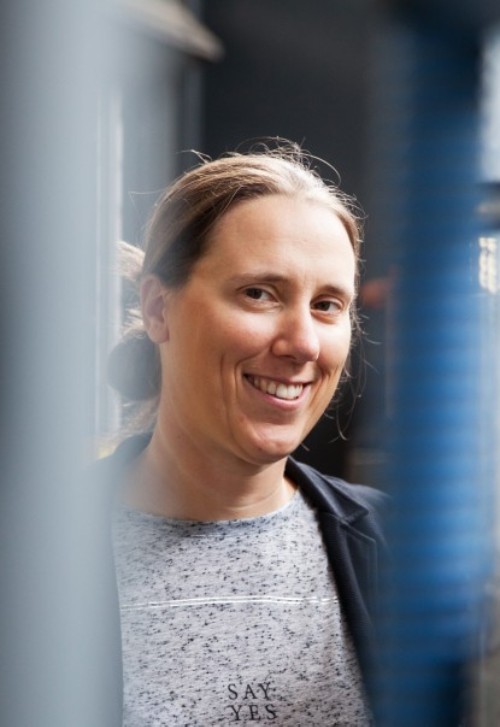
Prof. Susanne Lackner
We focus in particular on innovative technical solutions for the elimination of nutrients (nitrogen and phosphorus), and process engineering approaches for the reduction of novel pollutants such as organic trace substances, pathogens or plastic particles. We also develop and optimise innovative molecular biological methods for use in technical systems, such as the detection of genetic material (resistance genes, viruses) in wastewater.
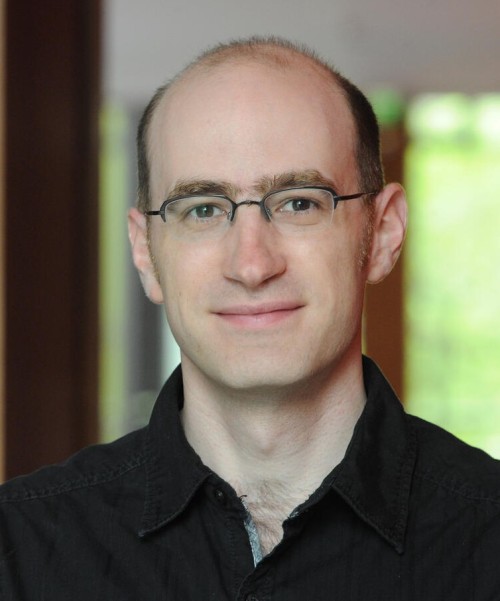
Prof. Alexander Loewer
Mammalian cells are constantly challenged with different forms of stress that originate from both the physical environment and intrinsic biological processes. We investigate how cells sense and counteract these stresses using a systems biology approach based on quantitative experiments in living cells, computer-aided data analyses and mathematical modelling.
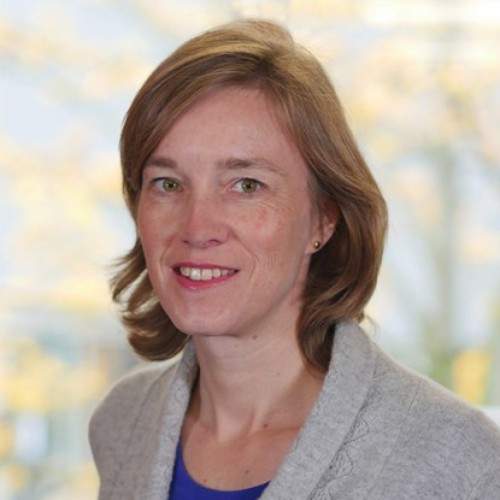
Prof. Ulrike Nuber
With our research on pediatric brain diseases – neurodevelopmental disorders and brain tumors – we aim to contribute to a better understanding of disease mechanisms and to the translation of this knowledge into clinical applications. To achieve these goals, we perform research on human stem cell-based disease models and on mouse models.
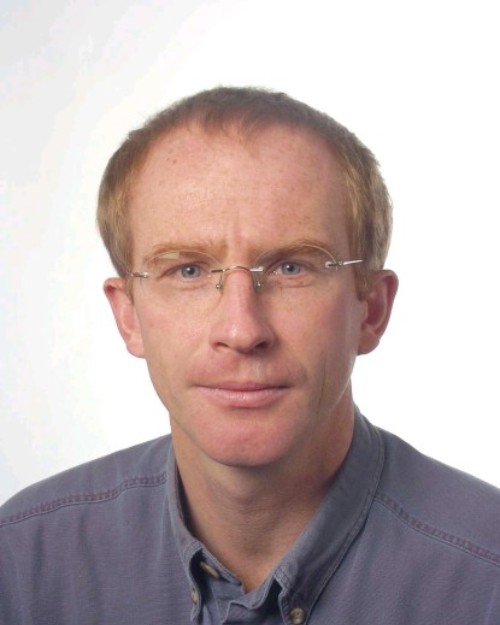
Prof. Boris Schmidt
The group develops covalent binding enzyme inhibitors for neurodegenerative diseases, oncology and radiation therapy, preferentially via allosteric modulation or transient binding pockets. We are currently focused on inhibitors for kinases (GSK3, FLT3, NEK1) and the 20 S proteasome.
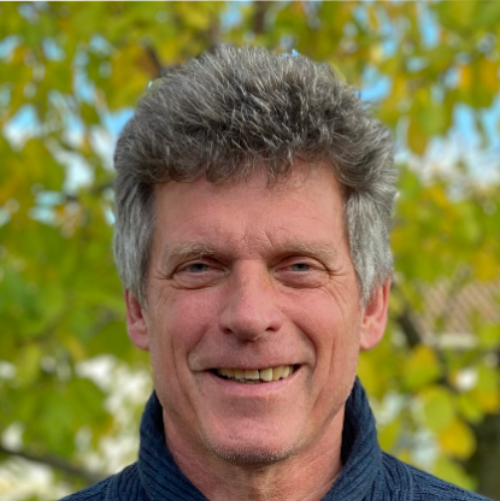
Prof. Jörg Schneider
Our research covers the full spectrum of materials synthesis, materials characterization and incorporation of those materials in device architectures of choice in order to deliver a full system set up. This is a most challenging task but allows to understand the subtle interplay of defined materials chemistry, physics and system engineering to achieve full functionality in such devices.
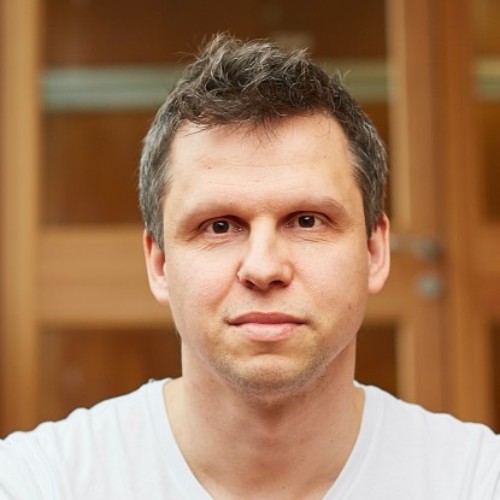
Prof. Viktor Stein
Our research group takes a protein-centric approach to synthetic biology as we devise systematic approaches to engineer artificial sensory and transport functions. Strategically, we address both fundamental research questions and develop applications for industrial biotechnology and biomedicine. We tackle these questions through a combination of molecular-genetic, biochemical and biophysical methods.
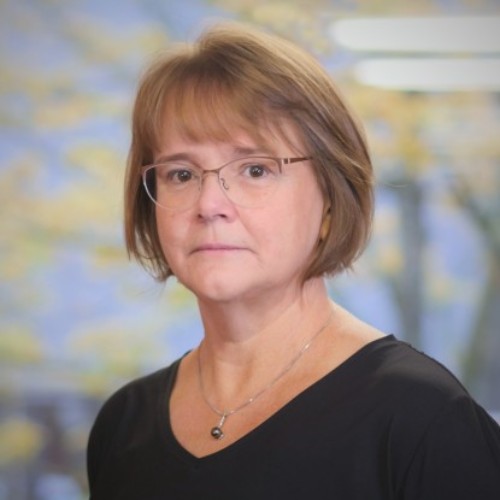
Prof. Beatrix Suess
We explore regulatory RNAs in all of their diverse forms and shapes. Our research interests include natural RNAs found in bacteria and other model organisms as well as the design of aptamers and synthetic riboswitches. Our goal is to fully understand these regulatory elements in their structure, function and range of applications.
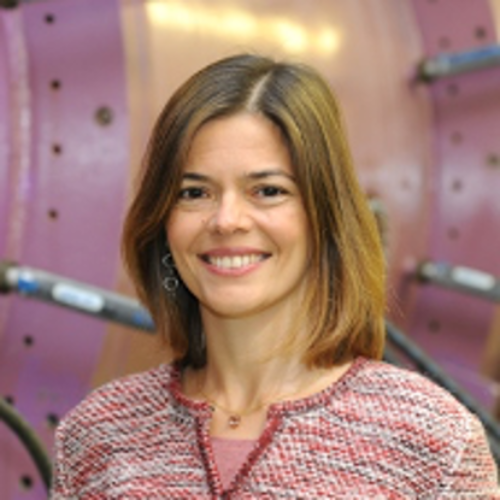
Dr. Maria Eugenia Toimil-Molares
The research facilities of the Materials Research group at the GSI Helmholtz center for heavy ion research in Darmstadt provides the unique possibility to irradiate polymer foils (e.g., polyethylene-teraphthalate, polycarbonate, and polyimide) with an individual, high energy, heavy ion. Subsequent chemical track etching yields single nanochannels with excellent control of both pore geometry (e.g. cylindrical, conical, bullet-shaped) and size (diameter tunable between ~10 nm and few µm).
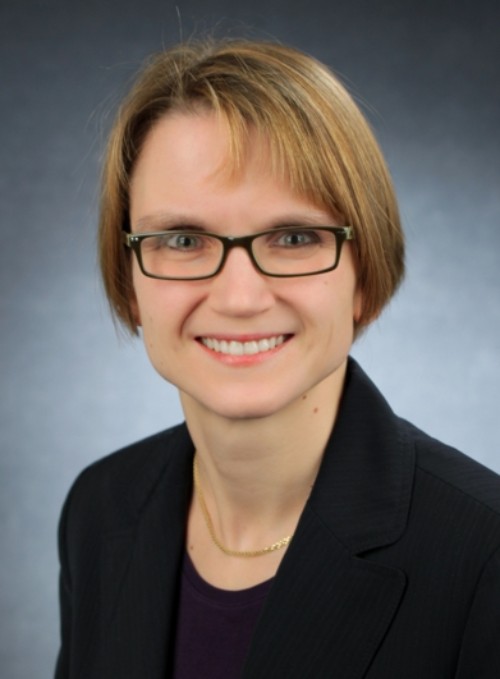
Prof. Katja Schmitz
Our research focuses on chemokines, a class of signaling proteins that control the migration of immune system cells and stem cells in inflammatory processes and development. The regulation of cell migration is an important goal in the therapy of inflammatory diseases. We deal with chemical tools and the development of methods to answer biological questions. We combine methods of chemical synthesis with molecular biological techniques. Spectroscopic methods are used to characterize the interactions of chemical tools with their target structures, while the effect on living systems is mainly studied using cell biological techniques.
